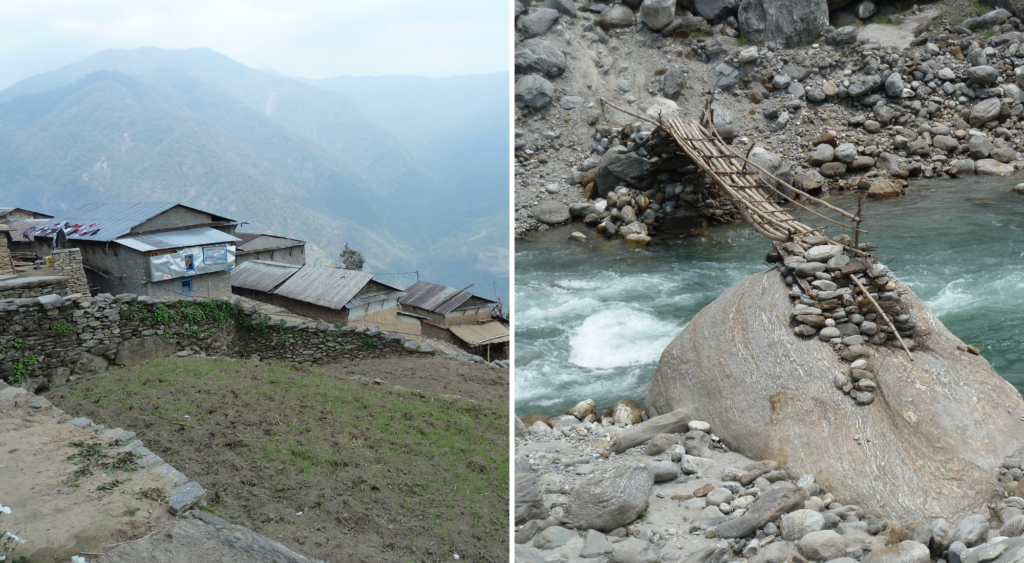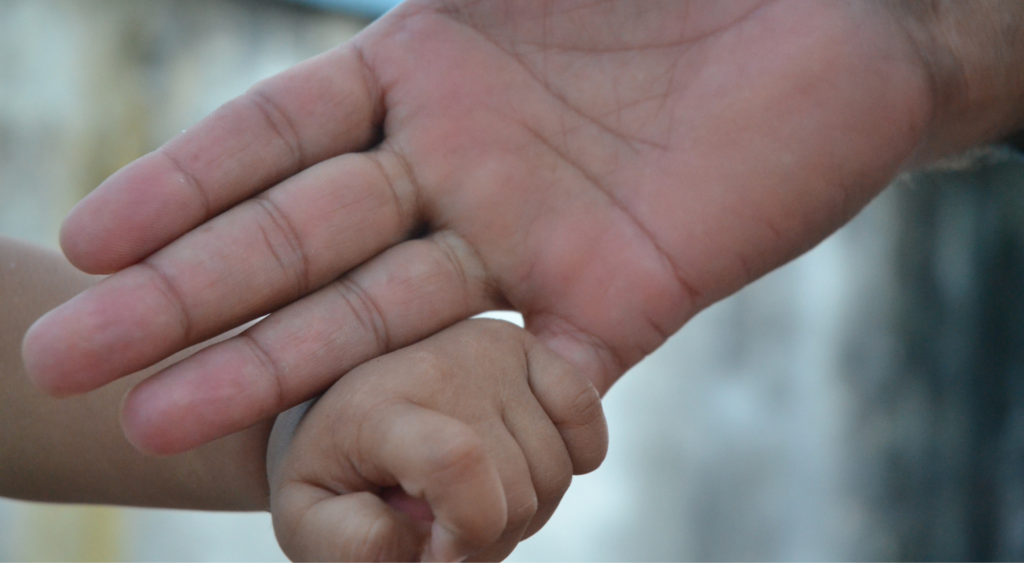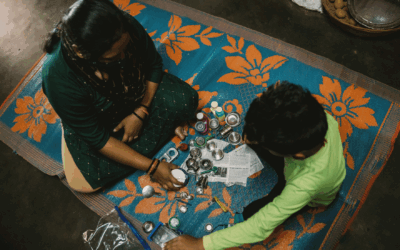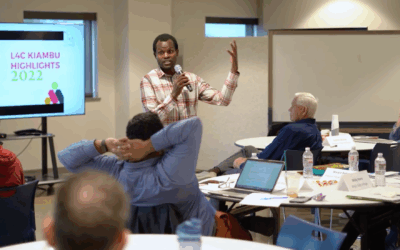A Personal Journey Through Orphanage Voluntourism
MJF’s Vice Chair, Daniel Croft, explores the unintended consequences of orphanage voluntourism, emphasising the importance of informed and ethical volunteering for genuine community impact.
Years ago, I found myself in an orphanage in Nepal, surrounded by a group of well-intentioned individuals, including myself. We were there with a shared belief – that we were making a difference in the lives of these children. Today, as Vice Chair of the Martin James Foundation, I look back on that experience with a different perspective. I’ve come to understand that good intentions, while noble, are not always enough.
In the past, I, like many others, was drawn to the concept of voluntourism – the practice of combining volunteering and tourism. Making a meaningful impact while exploring a new culture seemed like a win-win situation. However, as I examined my experience in Nepal, especially since joining MJF, and delved deeper into this practice’s complexities, I began to see a different picture.
While voluntourism can offer a unique and rewarding experience for volunteers, it poses many risks for both the volunteer and the community they are trying to support. Voluntourism can inadvertently reinforce the white saviour mentality and perpetuate the notion that communities cannot solve their own problems with appropriate solutions in their context. Moreover, volunteers, often from the global north, may unintentionally perpetuate harmful stereotypes and power imbalances, further disempowering the people and communities they aim to support.

Some volunteer programs, especially those involving children, such as orphanages, may not always prioritise the children’s best interests. Instead, they might focus on providing a memorable experience for the visitor, neglecting the long-term needs and welfare of the children. The presence of foreign volunteers can also disrupt a child’s routine and sense of safety, even creating attachment trauma for children who feel connected with visitors who come and go quickly.
While I was in Nepal, I, and the group I was with, believed that our support was necessary and constructive. However, as I learned in the years that followed, the reality is that children and young people belong in families, not orphanages. Research shows that, on average, 8 out of 10 children in orphanages have a living parent they could be reunited with, and the lifelong physical, mental, and emotional harm that orphanages can inflict is well-documented.
This learning was a turning point for me, a moment of knowing better and understanding the need to do better.
While I do not advise volunteering in orphanages, I encourage other forms of volunteering. Volunteering, even abroad, can be an enriching experience for everyone involved when approached ethically and responsibly.

So, how do we do better? Here are some actionable steps:
- Check out this checklist from ReThink Orphanages called “Ethical Volunteering Abroad and Alternatives To Orphanage Volunteering.”
- If you’re supporting an orphanage, don’t abruptly stop. This could lead to a child returning to an unsafe situation. Instead, transition your support towards organisations that promote family-based care.
- Download the Myths vs Reality Toolkit from the Kenya Society of Care Leavers and Lumos highlighting key misconceptions about voluntourism.
- Refrain from visiting or volunteering in orphanages. Instead, consider supporting local initiatives that empower communities and foster sustainable development.
- Advocate and Engage: Raise public awareness about the harm of orphanages, promote the benefits of family-based care, and actively converse with reputable organisations to explore supportive initiatives.
Our journey through life is a continuous learning process. While our past actions were rooted in good intentions, it’s our responsibility to adapt and grow based on new knowledge and insights. Let’s channel our desire to help into informed, impactful actions that genuinely benefit the communities we aim to serve. By doing so, we can ensure that our global footprint is one of genuine support, fostering a world where every child has the opportunity to thrive in a safe and loving family, and every community can shape its own future.



